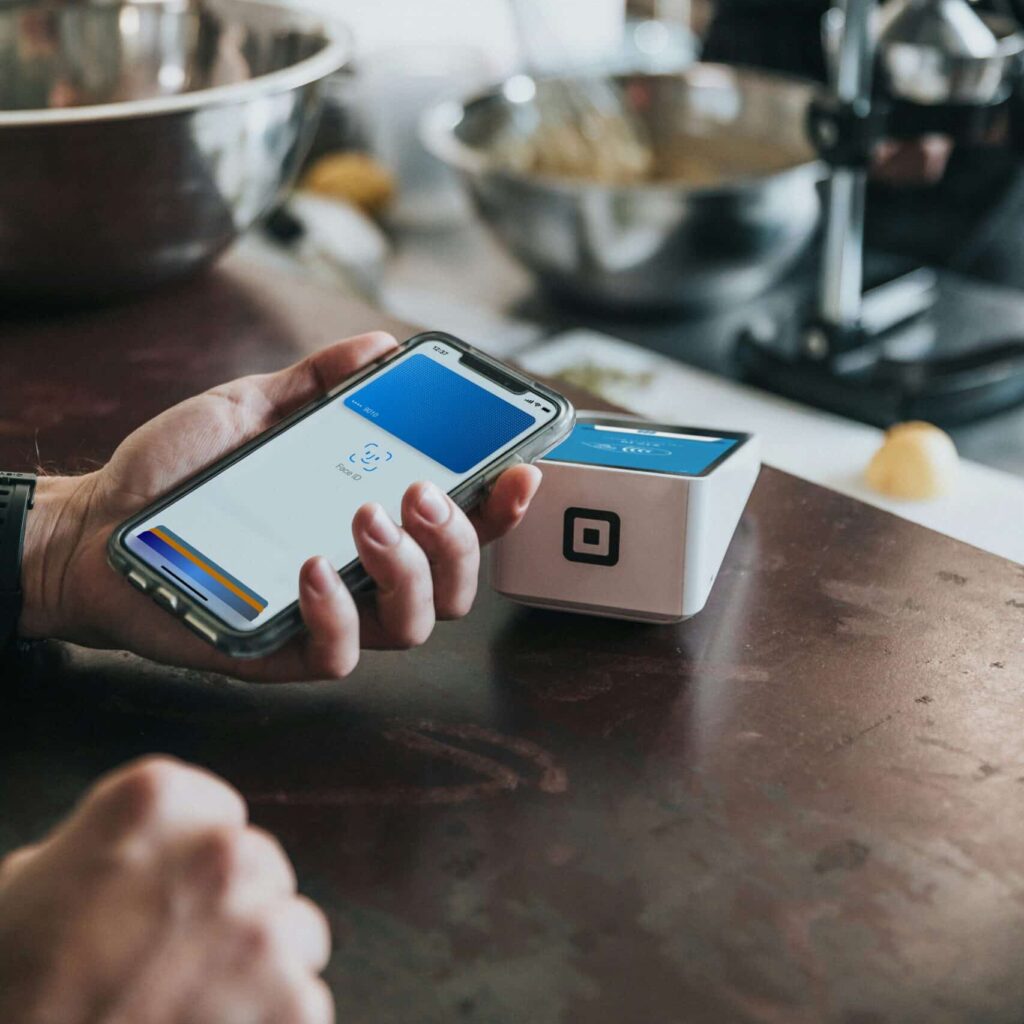
Man uses phone for a digital transaction. | FILE PHOTO from Unsplash/Nathan Dumlao
CEBU CITY, Philippines — Our world today has surpassed digitization.
Most, if not all, of the transactions have migrated to online platforms, and companies are integrating digital technologies to improve their services to clients.
One example of digitalization is e-wallets, which are electronic or digital wallets that allow users to pay and manage their funds online.
READ MORE:
Saving money in piggy banks? BSP explains risks, disadvantages of not saving in banks
BSP: More digital banks joining the industry soon
BSP cites growing preference for digital payments
Ravalo was here in Cebu for a conference co-hosted by BSP and the International Monetary Fund (IMF) in Lapu-Lapu City on November 19-20.
In an interview with Ravalo, he acknowledged that e-wallets undoubtedly had advantages, as they would make transactions easier and faster.
But when it would come to a large sum of money, that would be when you would be taking risks, Ravalo said.
Personally, Ravalo still prefers physical wallets and will never leave his house without one.
He said that the problem was not the speed of digitalization but the sudden stop.
“If the system is down, are you able (to withdraw or transfer cash)? If there is no ATM, what will you say to your customers?” he said, talking on the business owners’ side.
He also believed mobile phones had become the “universal gadget with the necessary app.”
“The fact that the world has changed with this is proof that we are beyond digitization. It’s not just from paper to electronic. This has changed the way we behave,” Ravalo said.
At the end of the day, Ravalo said that it would be your choice on what to do with your money.
But he said that if everybody knew that everybody kept their money at home, it would be a feast for the thieves.
Separating financial literacy aside, if people do not know where to place their P1 million, for example, it is often directed for safekeeping, and it is normally in the banks.
“And you discuss with your banker where to put it. You distinguish if it’s for saving; you’re a saver because you keep it safe. Separate from investor,” he said.
He added that when people become investors, they must start taking risks, and the return is not guaranteed.